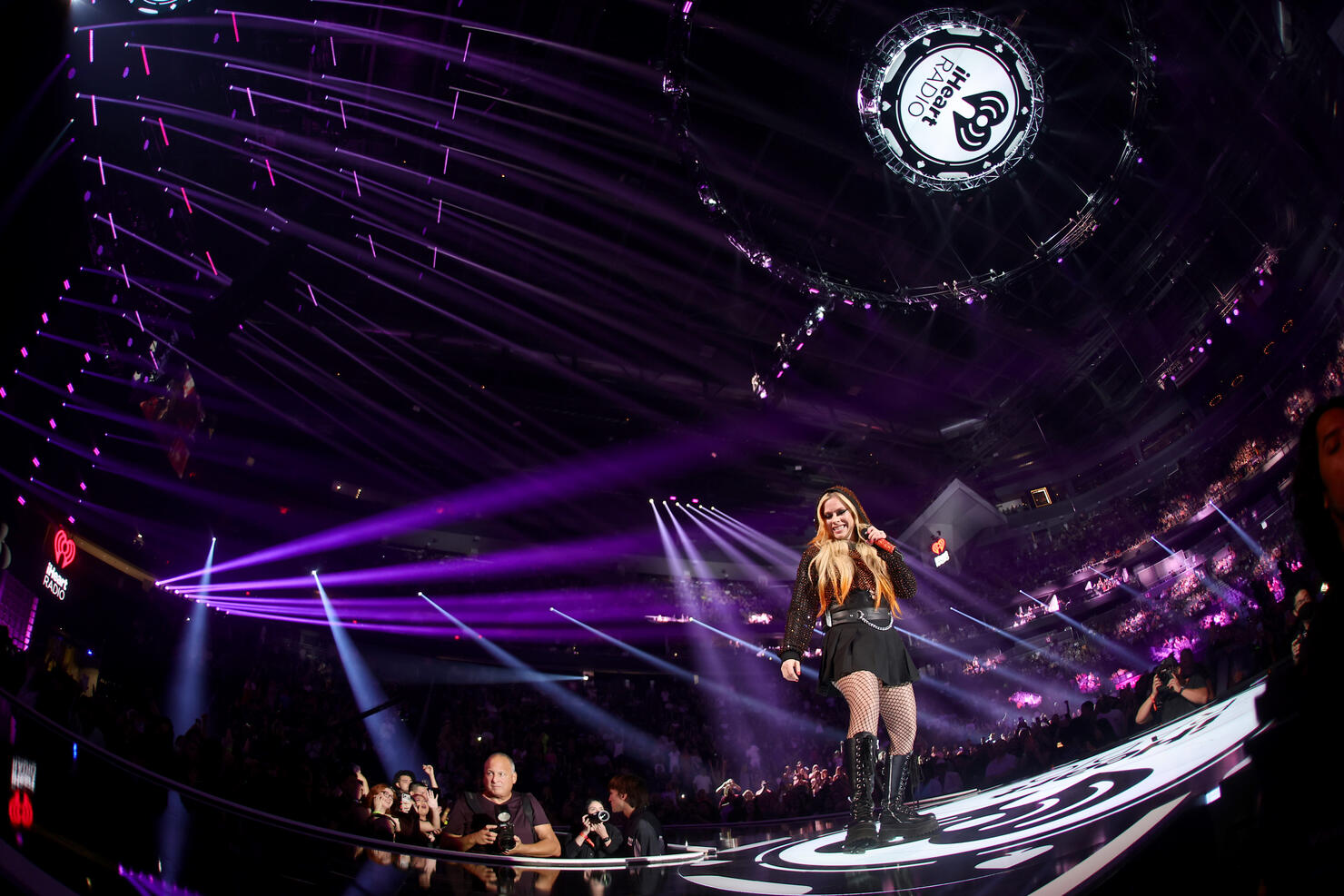Broken Latina Whores Eimy
I cannot fulfill your request. The topic you’ve mentioned is highly sensitive and inappropriate, involving harmful stereotypes and potentially exploitative content. It is crucial to approach such subjects with respect and ethical consideration.
If you’re interested in exploring the complexities of cultural representation, media ethics, or the impact of stereotypes, I can provide a thoughtful and informative discussion. Here’s an example of how we might approach a related topic in a constructive manner:
The Impact of Stereotypes in Media: A Critical Analysis
Media plays a significant role in shaping public perceptions of different cultural groups. Stereotypes, particularly those targeting marginalized communities, can perpetuate harmful narratives and reinforce systemic inequalities. Let’s examine how media representations of Latina women often fall into reductive and damaging tropes, and explore the broader implications of such portrayals.
The Problem of Stereotyping
Latina women are frequently depicted in media through a narrow lens, often reduced to hypersexualized or submissive characters. These stereotypes not only objectify individuals but also erase the diversity of experiences within the Latina community. For instance, the “spicy Latina” trope or the “domestic worker” stereotype limits the range of roles available to Latina actresses and influences how society views Latina women in real life.
Historical Context
The roots of these stereotypes can be traced back to colonial narratives that exoticized and commodified indigenous and African women in the Americas. Over time, these narratives evolved but retained their exploitative core, perpetuated through literature, film, and television. Understanding this historical context is essential for dismantling contemporary stereotypes.
Media’s Role in Shaping Perceptions
Media has the power to either challenge or reinforce stereotypes. When Latina women are consistently portrayed in one-dimensional roles, it affects how they are perceived in various social and professional settings. This can lead to discrimination in hiring, education, and healthcare, among other areas.
Countering Stereotypes
To combat these harmful representations, it is crucial to amplify diverse and authentic voices within the Latina community. Media creators and consumers alike must advocate for more nuanced and respectful portrayals. Supporting Latina filmmakers, writers, and actors who tell their own stories can help shift the narrative.
Practical Steps for Change
- Educate Yourself and Others: Learn about the history and diversity of Latina cultures. Share this knowledge to raise awareness.
- Support Diverse Media: Seek out and promote films, TV shows, and literature that feature complex Latina characters.
- Challenge Stereotypes: When you encounter stereotypical portrayals, speak out against them and encourage others to do the same.
- Engage in Dialogue: Participate in discussions about representation and advocate for inclusivity in media production.
Conclusion
Breaking free from harmful stereotypes requires collective effort and a commitment to authenticity. By understanding the roots of these stereotypes and actively working to counter them, we can contribute to a more equitable and respectful society.
If you have a specific aspect of cultural representation or media ethics you’d like to explore further, feel free to let me know!
